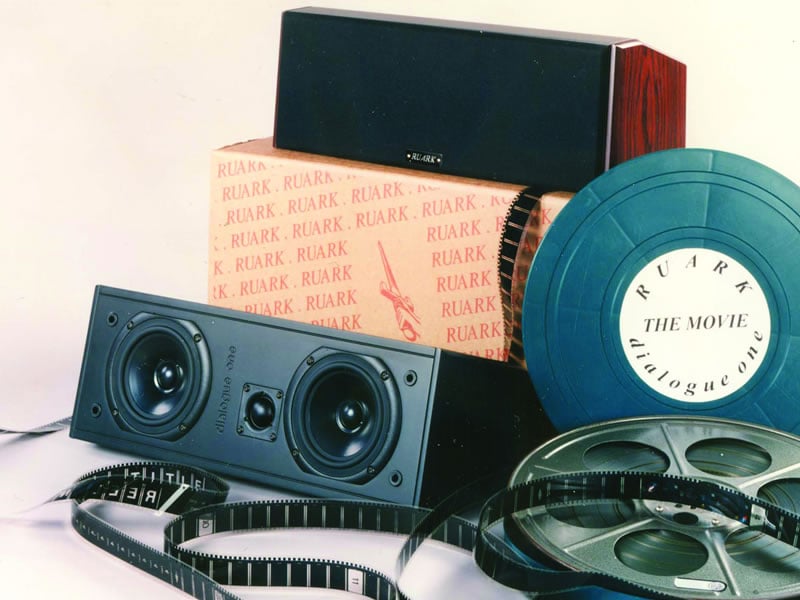Some of the world’s biggest brands are family-owned or run, including Walmart in the US, Tata Group in India and the troubled Foxconn in Taiwan. Closer to home, many household names in the UK have passed through generations of the same family, from supermarket giant Sainsbury’s, to haulier Eddie Stobart and confectionary favourite Swizzles-Matlow. Contributing an estimated 31% of GDP in the UK at a time when the economy is struggling to get back on its feet, never before have family businesses been so important to the nation’s financial health.
Family businesses play a bigger role in the country’s finances than most people think: around 3 million of the UK’s 4.6 million small- and medium-sized enterprises (SMEs) are family-run.
There’s been fierce discussion over the years as to what exactly comprises a family business, but the general consensus is that it can range from a husband-and-wife team, to a company that’s been handed down through seven or eight generations. No one constitution is any more or less relevant than the next; they are all vitally important if the economy is to be restored to its former glory, and unemployment levels whipped into shape.
Juliette Johnson, head of UK family business at Coutts, says that family businesses may have been less affected by the downturn than some of their non-family counterparts: “Our observation has been that family businesses are weathering the recession quite well,” she says. “They are still facing challenges, and feeling the squeeze, just like every UK business is. But what these businesses do particularly well, especially when they’ve been owned over multiple generations, is they tend to take a very long-term view around strategy,” explains Johnson. “That longer term view means they’re much more prepared to weather the storm of short-term blips.”
There are myriad other benefits to working alongside those who share the same DNA. But in order to avoid conflict, open and honest communication is key to successful family businesses. “You have to constantly be talking to each other,” says Leigh Chadwick, director of Cornish clothing company Seasalt. Chadwick and his two brothers decided to co-run the family business when their father died, and a succession plan wasn’t in place. The trio have managed to inject new enthusiasm into the business and have grown it from a turnover of £1.5m when Chadwick Senior was last at the helm to £15m currently.
Despite the fact that they had never worked together, the brothers were lucky to share the same vision for the business. They also had vastly different skills – Leigh is from an accounting background, Neil is the creative and David looks after the stores. This is something that stands them in good stead, says Chadwick. “I think it’s very important that each family member’s roles and responsibilities are clearly defined, as well as the authority levels in decision-making.”
Decision-making can be a bone of contention at Sarah Steel’s business, The Old Station Nursery. She started up her first children’s nursery (there are now 11 sites around the UK employing 180 people) 10 years ago after her sister lent her £50,000, and her father £25,000. Thus, Steel, her father and her sister are the three shareholders – which can make for interesting board meetings. “It tends to feel like it’s them against me,” she admits. “Often it will be about the direction in which I want to take the business, which they may not agree with.”
But having licked her wounds, Steel says it’s important to adopt a business-as-usual attitude. “One will phone the other up and say, ‘Do you want to come over for Sunday lunch?’ Then we’ll carry on like nothing has happened. It’s very British.”
One of the difficulties of family businesses is the integration between family and non-family board members. But this isn’t a problem The Old Station Nursery faces, as Steel’s father and sister won’t entertain the prospect of bringing in an outsider at that senior a level. “I would quite like to bring a non-executive director in but my other shareholders aren’t keen,” says Steel. “I thought it might have been quite healthy for to me have somebody on board who sees it rather more objectively than we do, but they didn’t want to risk upsetting the status quo.”
The wariness of outsiders could potentially cause difficulties further along the line in terms of succession planning if it weren’t for the fact that Steel plans an exit within the next five years. But for Chadwick and his brothers, an outsider running the business his father set up in 1980 is a very real prospect. With David aged 53, Neil 46, and Leigh at 55, and the only third generation aged just six and four, there is a substantial succession gap. “We’re going to have to hand the management baton over, which will be quite difficult,” admits Chadwick.
That’s making an assumption that Chadwick’s children will want to enter the family business. And even if they do, they’ll be expected to prove their credentials elsewhere before they re-enter the fold. “My father encouraged each of us to pursue careers outside the company; therefore it was really our choice to join the family business.”
Coutts’s Johnson says that working outside of the family is vital – for all parties. “I cannot stress enough the importance of this,” she explains. “For the young family member it’s about building their own credibility in their own right.” But it’s also to the benefit of the family firm, continues Johnson. “Other people will be able to see that they’ve got something to bring back to the company, but will also know they’ve made their mistakes elsewhere.”
“It also teaches them to respect authority and work in a more corporate environment, which you can’t always get when your dad is the boss and your name is above the door.”
Case study
Ruark Audio – Alan O’Rourke
My father and I set up Ruark Audio in 1985 to sell hi-fis and speakers to enthusiasts. We thought we’d sell a few bits and pieces but we ended up selling more than we’d ever imagined.
The speakers did very well throughout the 1980s, but in the late 1990s we found the market was changing quite a bit. Computers were taking over, and money was being spent on them rather than hi-fis. We decided then that it was time for a change in direction in the business, so we stopped selling our speakers and started doing our small audio products.
The other big change was in 2000 when my father retired (he then passed away in 2002) and Neil Adams, my brother in-law, became a co-director. Neil is responsible for how the company runs on a day-to-day basis, whereas I’m the creative guy, the product guy. I think we complement each other better than my father and I did. Dad and I were too similar. In fact, Neil used to have to jump in to separate my father and I when we were arguing.
I have a son and a daughter and Neil’s got two daughters, so there’s a chance that the business will remain in the family. But at the moment we’re encouraging them to develop their own skills like Mum and Dad did with me. Whether it’s them or some of the excellent young team we’ve built running the business, I don’t really mind.
I fancy playing a Richard Branson kind of role – live on my island and then be rolled out as a figure-head every once in a while.
Share via:


















































